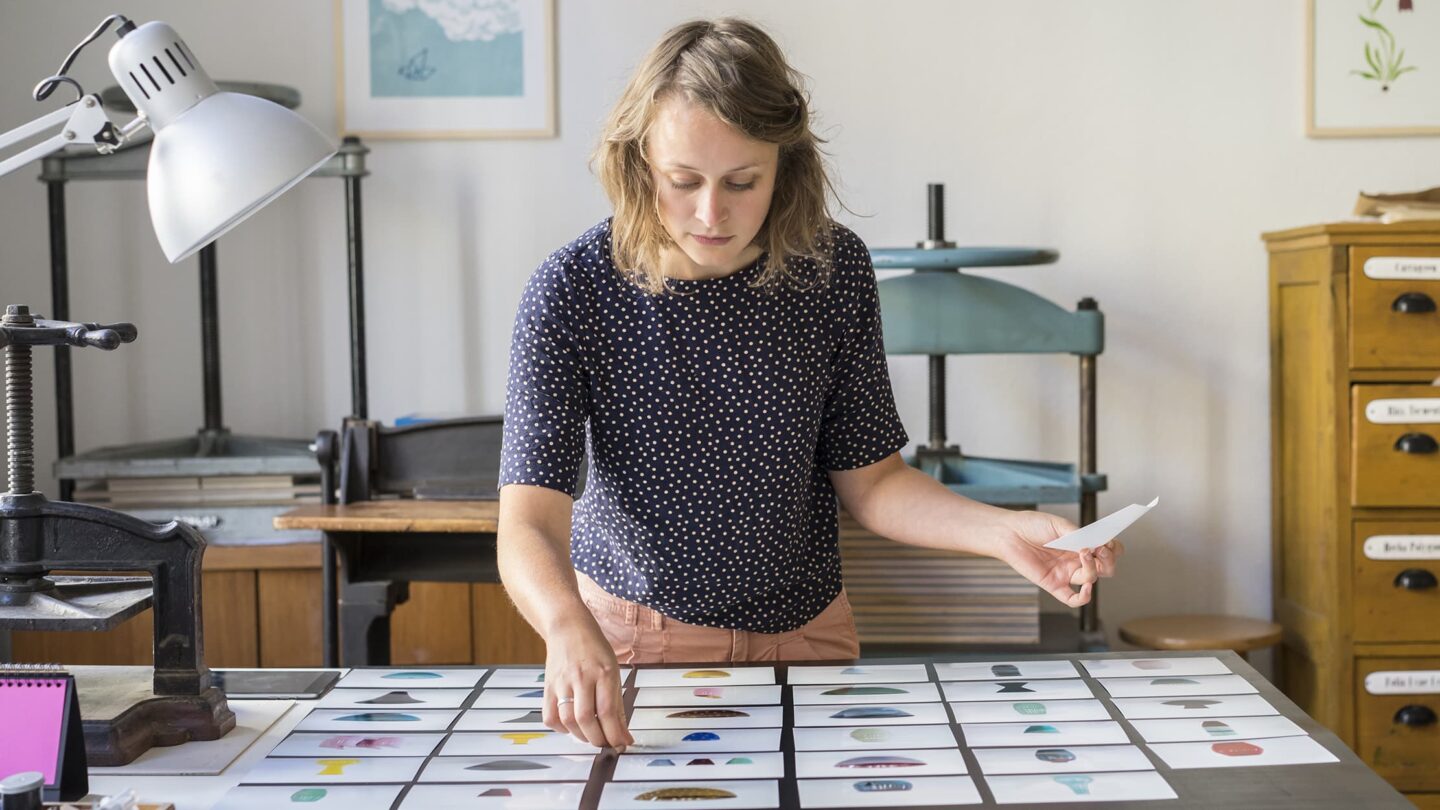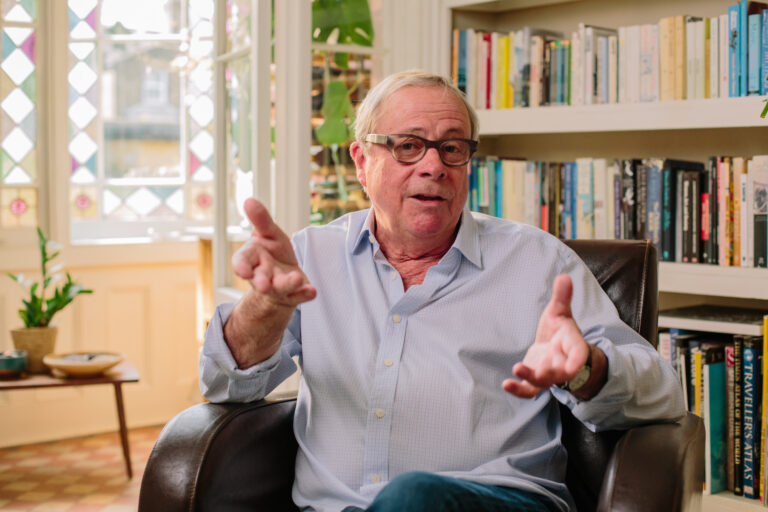Season 2: Unlocking productivity
5 habits to boost your productivity today

Anyone can choose to become a Productivity Ninja. If you’re feeling stressed or sluggish, the good news is that relatively small changes can drive huge changes in productivity, as well as improving work-life balance and helping you make more deliberate or intentional decisions about how you set up your work. Here are five places to focus on, and with each one, I offer a “quick win” and a longer, “keystone habit” to develop.
1. Use a second brain
The worst thing you can do for your productivity is to try and manage all those ideas, commitments and tasks in your head. Getting everything down on paper, or into an app, helps you see things more clearly. Being able to see your thoughts in front of you (as words, or on different bits of paper, or as reminder notes) helps you to think in a more focused and separated way about each thing.
Quick win: if you’re at all feeling stressed or overwhelmed, simply take a piece of paper and create a list or mind map of what’s on your mind. You’ll probably notice that you start to feel less anxious about everything, as well as starting to connect the dots to actions and solutions. Do this regularly (even when you’re not stressed) and you’ll start to see more momentum.
Keystone Habit: For each thing that you’re committed to, get clear about the “desired project outcome” (how do you know when it’s done?) and the next physical action you need to take towards achieving it. Keep this “second brain” up to date in an app like Todoist, Nozbe or Microsoft To-Do so that you have a complete list of the projects that you’re working on, and also a complete list of the actions to take. Clarity builds momentum.
2. Be your own project manager
The reason most people fall out of love with lists is that they stop trusting that they’re a helpful tool for them. Trusting your “second brain” to be an accurate list of the potential choices you can make is vital to help prioritise.
Quick win: Every day, before you start checking messages or emails, spend a few minutes getting clear on your priorities for the day (your inbox is a list of everyone else’s priorities). When you set good intentions, you have a better chance of good outcomes.
Keystone Habit: A Weekly Review. Develop a checklist which helps you spend an hour in focused planning-only mode. Your job in that hour isn’t to get stuff done, it’s to make decisions about the days ahead, and get clear on what matters.
3. Be mindful
If you are prone to procrastinate, just know that you’re not alone. Mindfulness is a great way to help us understand our “lizard brains” – the part of our psyche that wants us to avoid certain tasks because it fears the worst about everything and wants to stop us from looking foolish or being judged. The “lizard brain” avoids stuff that feels uncomfortable, difficult or risky, but when we develop a deeper understanding and awareness of our own thoughts, we can “feel the fear but do it anyway”.
Quick win: Read your to-do list from top to bottom. As you do so, what thoughts or feelings do you notice? Was there a particular item on the list that made you feel a bit more tense, or made your heart flutter a little? What’s happening in your body and mind as you read each task?
Keystone Habit: Mindfulness can take many forms. Whether it’s a regular meditation practice of a few minutes a day, a yoga class, freewriting your thoughts onto the page, or going for a long walk. Finding a regular activity that creates headspace so that you can listen more closely to your lizard brain is one of the best ways to increase self-awareness and in turn, reduce procrastination. Don’t feel guilty or think of this as a luxury – it’s essential for good productivity.
4. It’s all about energy
Don’t manage time, manage attention. This means knowing which hours in your day you have more energy (most people have just 3-4 hours a day when they are at their best), so that you can make sure those times are filled with the most creative or difficult tasks.
Quick win: for a week, keep a diary of which hours of the day you feel most energetic or productive; and when you feel most tired or flat. Then in week two, be strict with yourself by scheduling the hardest tasks for your best energy and be kind to yourself by doing easy things with your worst energy.
Keystone habit: develop boundaries and routines that put a wall around your best attention. Block out times for ‘no meetings’ in your diary, block your access to social media or other distractions when you know you’re most on form, and structure your days for maximum ‘monk mode’ (heads-down focus).
5. Make space for what matters
Warren Buffett once said, “the difference between successful people and really successful people is that the really successful people say no to almost everything”. Productivity is much more about saying “no” than saying “yes”.
Quick win: Renegotiate your to-do list with yourself. Right now on your to-do list, force yourself to cross out at least three things that you’ve previously committed to, but that won’t be remembered in five years’ time. Stop trying to efficiently do the things that don’t need to be done at all.
Keystone habit: At least four times a year, review your list of projects, and ask yourself for each one “is this still necessary?”. Be ruthless. Actively look for things to cut or cull. The longer you’ve been invested in certain projects, the harder they become to let go of, but the key to great productivity isn’t doing more, it’s doing less. It’s about making space for what matters.
Even for the most productive people, there are always opportunities to improve. When it comes to challenging ourselves and changing our habits, the trick is to make sure we don’t overwhelm ourselves or set the bar too high. It’s much better to start slowly, or work on doing one thing well, and then when it feels embedded as a keystone habit, move onto the next thing. Don’t try everything here at once, or worry about getting it all perfect by tomorrow. Instead, focus on trying to make every day 1% better than the last. Over time, you’ll find this reaps huge rewards.





Leave a comment